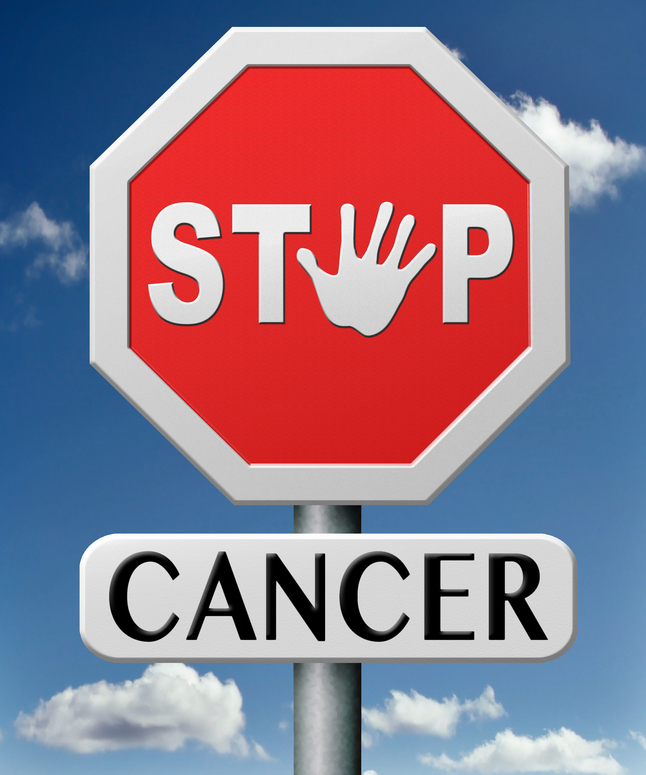 Dear Friend,
Dear Friend,
Pathology plays a key part in cancer diagnosis and treatment. Did you know that at Issels we take your doctor's pathology reports and do even more specialized testing to determine the best personalized treatment plan?
By boosting your body's own ability to fight cancer is one very important element of the success we have had in treating illnesses and a key factor in our unique long term remission results.
I invite you to watch video testimonials of recent patients as you evaluate your treatment and care options.
Best Regards,
![]()
Ilse Marie Issels
Wife and Collaborator of Dr. Josef Issels, Our Founder
________________________________________
The Importance of Cancer Pathology in Your Cancer Treatment
 Getting an accurate diagnosis is crucial before making decisions on what type of cancer treatment to undergo. The treatment you'll benefit from the most typically depends on what type of cancer you have and how advanced it is. One of the most effective ways to determine this is through pathology.
Getting an accurate diagnosis is crucial before making decisions on what type of cancer treatment to undergo. The treatment you'll benefit from the most typically depends on what type of cancer you have and how advanced it is. One of the most effective ways to determine this is through pathology.
The Role of Pathologists
Pathologists provide in-depth diagnoses and might even end up changing a patient's diagnosis depending on what they find, although this is rare.
These specialists examine tumors and tissue in order to determine whether cancer is present, how serious it is and whether surrounding areas have been affected. They also run additional tests to see if the cancer will spread and study its nature.
Pathologists use advanced technology, including genetic sequencing, to provide an even more accurate diagnosis or to look for genetic mutations that could affect the type of treatment you need. In addition to performing these tests, pathologists consider several other factors, such as:
- Family medical history
- Personal medical history
- Other health conditions
- Age
- Imaging tests
Taking all of these factors into considerations, along with test results, helps pathologists come up with the most effective ways to treat cancer. For example, if they find a slow-growing cancer, you might be able to put off treatment and have your condition monitored instead. If you have cancer that's not likely to spread or a certain genetic mutation, pathologists might recommend targeted therapies. Once you have a diagnosis, you can start considering your treatment options.
For patients that come to Issels, we do even more specialized testing. The pathology reports patients bring with them are just the starting point. As the Issels® treatment protocols are highly personalized through very special testing methods – including genomic – to meet our patients' individual needs. Our protocols are integrative, not only focusing on the cancer cells and tumors, as our body's natural defenses are a very complex mechanism requiring a comprehensive treatment.
The comprehensive immunobiologic treatment programs we offer are always individualized through very specialized, non-invasive testing methods and integrate safe, research-based treatment modalities. Preference is always given to the most effective and least invasive methods.
If you need help finding the right non-toxic cancer treatment, please contact Issels®. We offer a wide range of nontoxic immunotherapy options for all types and stages of cancer. We encourage you to phone 1-888-447-7357 or visit us online at www.Issels.com.
